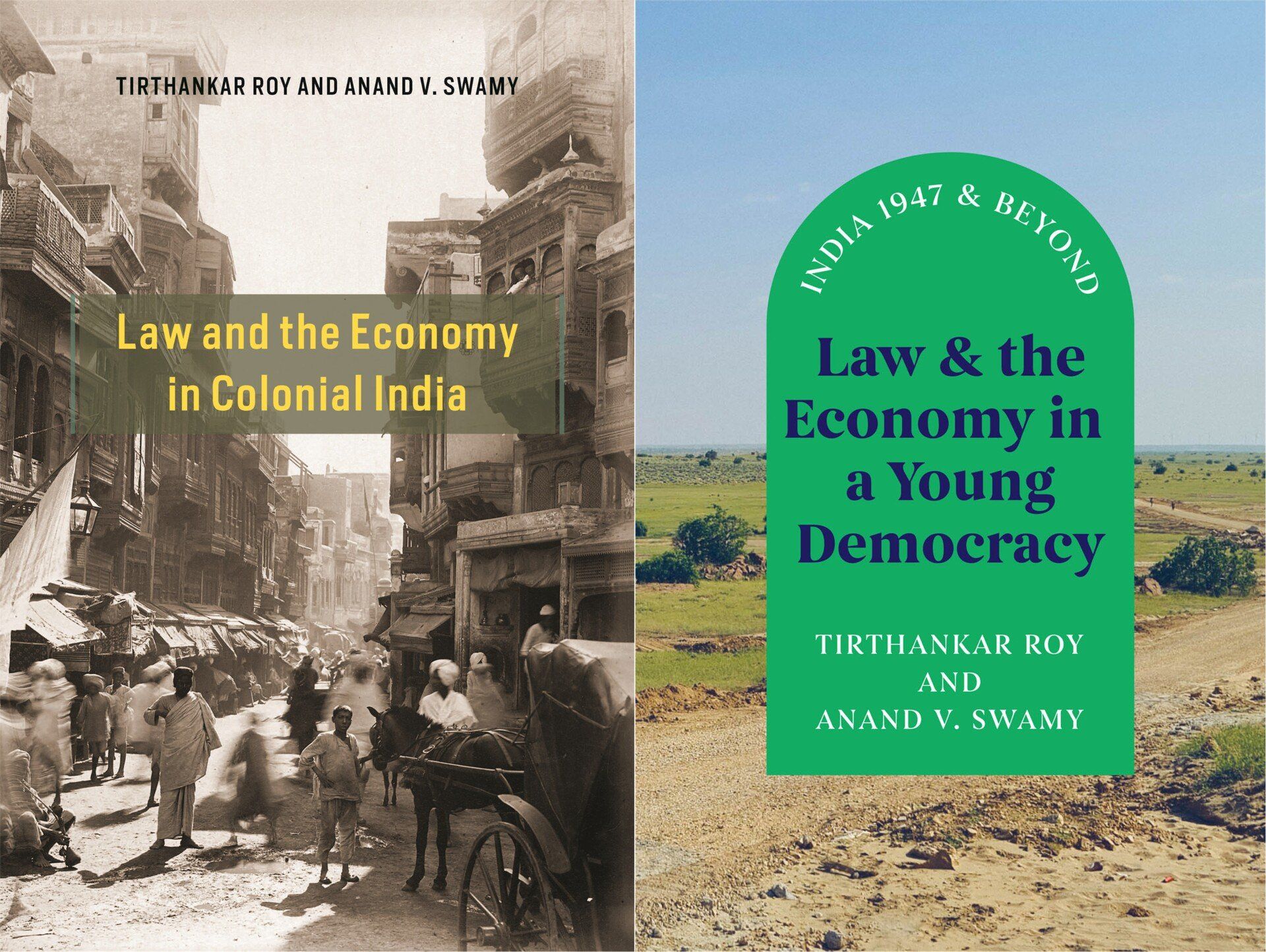
With Anand Swamy (Williams College), University of Chicago Press, 2016 and 2022
https://press.uchicago.edu/ucp/books/book/chicago/L/bo24214020.html
https://press.uchicago.edu/ucp/books/book/chicago/L/bo110705047.html

Economists often blame India’s legal problems on colonial rule, but the legacy varies across sectors. Law and the Economy shows that land, credit, property, environment, labour, corporate law, and personal law each have distinct histories. Colonial land records were poor, complicating reforms that later reduced transparency. The Raj distrusted private lending, and post-independence policies further restricted moneylenders. Both colonial and postcolonial states claimed control over unowned land, including forests, until protests led to legal reforms. Environmental law is mostly postcolonial, shaped by global ideas and judicial activism. Labour and corporate law began under colonial rule but evolved in response to industrial challenges and inequality. Personal law, rooted in religion, gradually shifted toward secular norms after independence, though unevenly.